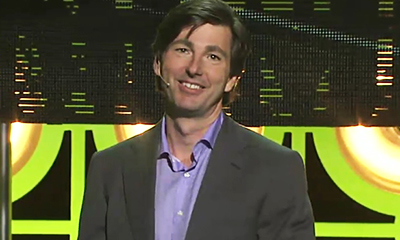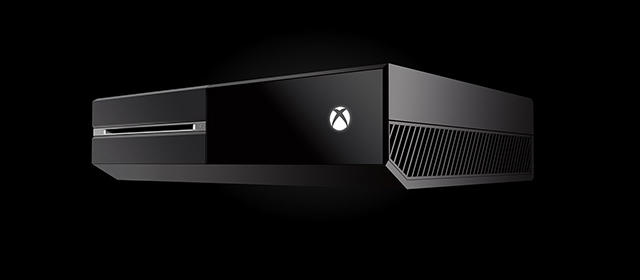Microsoft’s Xbox One could mark the dawn of a dark new age – an age in which consumerism has gone Super Saiyan. In this future dystopia every house contains a black box through which everything goes in and only money goes out. It’s a prospect so bleak it would give even George Orwell the heebie-jeebies, but you better believe it gives business-types the horn.
It’s hardly a secret that big businesses want your money, but there once was a time when they at least hid that desire behind a veil of false-humility and a sense that they actually wanted to give you what you want.
With the Xbox One it’s looks worrying like Microsoft have abandoned an age-old rule of business and put the consumer’s interests last. Not second. Last. First come their own interests, then those of games publishers and finally yours as the consumer.
It’s tricky to know for absolute certain how much such a landslide of negative press will affect the Xbox One, but if this GameFAQs poll is anything to go by, it may well be a serious hurdle to overcome. How can you sell a console to the consumer, when it’s so obviously not aimed at them? On the other hand, will Joe Bloggs happily buy into this next-generation because he (or she) wants the new Forza, Halo, and the Call of Duty: Ghosts maps ahead of everyone else?
 The fact that Microsoft have started cancelling 1-2-1 meetings, and round-tables just adds to a worrying outlook ever since the May 21 announcement was made Even on their own website they have declared that “every Xbox One owner has a broadband connection”, an astoundingly short-sighted statement that shows exactly who they’re targeting their new device at – those with the most to spend.
The fact that Microsoft have started cancelling 1-2-1 meetings, and round-tables just adds to a worrying outlook ever since the May 21 announcement was made Even on their own website they have declared that “every Xbox One owner has a broadband connection”, an astoundingly short-sighted statement that shows exactly who they’re targeting their new device at – those with the most to spend.
They don’t make money from people who can’t connect to the web or don’t have stable internet connections, so why should they cater for those people? This is business, and big business at that – there is no place for sentiment. It’s precisely why they want the second hand games market dead: publishers don’t make money from it.
The decision to support these publishers in their quest to eradicate the used-game market is perhaps most indicative of their seedy intentions however. The curtain of bullshit that surrounds most console launches and which gamers are now accustomed to has never been as transparent as in this case. Here’s what the Microsoft site says:
Today, some gamers choose to sell their old disc-based games back for cash and credit. We designed Xbox One so game publishers can enable you to trade in your games at participating retailers. Microsoft does not charge a platform fee to retailers, publishers, or consumers for enabling transfer of these games.
Xbox One is a console designed to ensure an environment in which only publishers can profit. They can either flat-out destroy the second-end games market for their own titles, or they can allow it through participating retailers with whom they will (almost certainly) have some kind of deal.
There isn’t even a way for Microsoft to fluff it up and make it sound like an exciting feature or innovative step forward. It basically reads: “This is what you do now, but here is what we’re making you do in the future. Get used to it.”

The outcry following the console’s unveiling and the more recent clarification of its features has been just. Opinion pieces like this one have littered the web, proving that many gaming outlets aren’t as corrupt as some like to believe.
It’s important to note that Sony might yet follow suit with similar features that appeal to publishers, so let’s not paint them as white knights just yet. As for core gamers, well they’ve already made their voices heard – taking to Twitter with the #PS4NoDRM campaign.
Despite how hard journalists and hardcore gamers decry the ideals behind the console, however, it’s hard to imagine their doing so damaging the success of the console when it goes on sale later this year. That is unless they stay vocal and attract the attentions of the big-name media outlets who can reach the masses like most simply can’t.
What Microsoft are attempting goes beyond inconveniencing gamers and into the realm of matters that will one day plague the internet age. The concept of owning something digitally has rarely been tested in the courts, but with moves like this it seems increasingly likely that governments will have to start better-understanding this ever-connected world.
As for the world of gaming, it’s becoming clearer that we’re hurtling towards some kind of breaking point, one that will force companies to reassess and adapt as the biggest power in gaming – the gamers – finally decides to vote with their wallets.
With E3 2013 looming large, Microsoft have fires to fight and long-time fans to win back. This is going to be a very, very intersting year.






